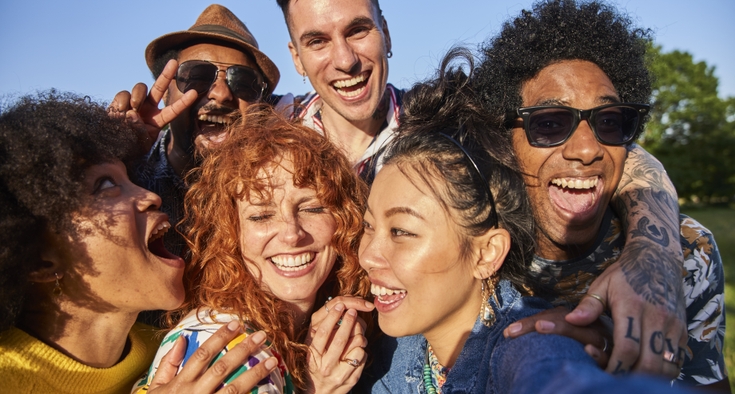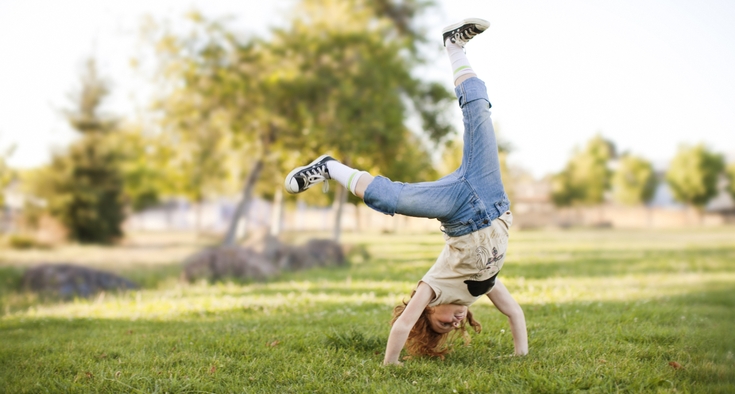In recent weeks, providers at Novant Health have talked to patients who said they intentionally tried to contract COVID-19 by attending parties and mingling with other people who have tested positive for the coronavirus.

While the patients don’t call them COVID parties, “some believe that, if they become infected, they’ll be permanently immune,” said Yolanda Enrich, a family nurse practitioner at Novant Health’s Adult Primary Care in Waughtown, a neighborhood in Winston-Salem. “They believe immunity will allow them to return to normal life without the need for social distancing, masks or other safety measures.”
The idea is a dangerous one, and unproven, Enrich said. There’s no guarantee of contracting a “mild” case or that it will build immunity. Worse, they could end up passing COVID-19 along to someone else who could become seriously ill or even die.
“Intentional exposure to a virus, especially a new virus like COVID-19, is dangerous because you don’t know how your body will respond,” Enrich said. “With severe COVID-19 infection, complications are frequently caused by an overreaction of the immune system.
“We’re also seeing exposures because people who have tested positive are not distancing themselves from friends or family members,” Enrich added. “They believe it will be better for everyone to be infected at the same time.”
The issue of COVID-19 immunity is easily misunderstood, experts caution. “Not everyone infected with COVID-19 produces antibodies,” Enrich said. “Even if someone produces antibodies, we don’t know what levels of antibodies are needed to protect against future infection. In the case of other coronaviruses, immunity hasn’t been permanent. It may last for no more than two years.”
Enrich divides her time between her regular clinic and a respiratory assistance clinic (RAC) that’s been set up for COVID-19 screening. A key part of her job is debunking rumors and correcting misinformation.
She discourages patients from attending “COVID parties,” encourages them to wear masks, shows them the proper way to wear a mask and take it off (grab it by the elastic earpiece or ties) and reminds them masks need to be washed after each use.
We’re all missing social gatherings. But now isn’t the time to begin hosting them again – and particularly not with a guest list that includes people who have tested positive for COVID-19. For now, healthcare professionals advocate continued social distancing, hand washing and mask wearing.
The time will come when you can be the life of the party again. Until then, it’s best to focus on saving lives – yours and those of people you love.






